Follow-up questions are powerful communication tools that can enhance interactions across various personal and professional settings. They can delve deeper into conversations, build trust, and achieve better outcomes. Whether you’re conducting a job interview, improving customer service, or closing a sales deal, strategically using follow-up questions can make all the difference.
In this blog post, we’ll explore what follow-up questions are, why they matter, and how to use them effectively. We’ll also provide examples for different scenarios, from interviews to surveys, and highlight how tools like Jotform can simplify the process of collecting and analyzing responses.
Why are follow-up questions important?
Follow-up questions go beyond surface-level inquiries, helping you clarify information, build stronger relationships, and foster understanding. Here are some key reasons they’re indispensable:
- Enhance understanding and gain deeper insights: Follow-up questions uncover detailed information and provide clarity. For example, a recruiter might ask, “Can you expand on your experience with project management tools?” to assess a candidate’s expertise.
- Show active listening and foster better relationships: Asking follow-ups demonstrates genuine interest, which strengthens trust.
- Resolve ambiguities and confirm mutual understanding: Clarify misunderstandings and confirm alignment. For instance, in sales, asking, “What do you mean by a flexible pricing model?” ensures you understand the client’s needs.
When to ask follow-up questions
Knowing when to ask follow-up questions can maximize their impact. Here are some ideal moments:
- After ambiguity: When a response is vague, a timely follow-up like “Could you elaborate on what you mean by ‘streamlining operations’?” provides clarity.
- During natural breaks: Wait for the speaker to finish before interjecting, ensuring a respectful and seamless conversation flow.
- To explore key topics: If a subject warrants further discussion, ask follow-ups like “Can you tell me more about the strategies your team uses to overcome these challenges?”
- To confirm critical information: In decision-making scenarios, verifying details is crucial. For example: “Can you confirm the project deadline?”
How to ask good follow-up questions
Effective follow-up questions require thought and tact. Here’s how to master the art:
- Be specific and relevant: Ensure your follow-ups are directly related to the topic discussed. Avoid general or off-topic questions.
- Use open-ended questions: Encourage detailed responses by framing questions that cannot be answered with a simple “yes” or “no.” For example, “What factors influenced your decision?”
- Avoid leading questions: Stay neutral to avoid bias. Replace “Don’t you think this solution is perfect?” with “How does this solution align with your needs?”
- Pay attention to tone and body language: Maintain a friendly, professional tone and use open body language to create a comfortable environment for communication.
20 examples of follow-up questions to use
Here are practical examples of follow-up questions categorized by use case:
For job interviews
- “Can you tell me more about the challenges this role is facing?”
This question helps understand the specific obstacles in the position, enabling a deeper insight into expectations.
- “What qualities do you think make someone successful in this position?”
This aims to uncover the attributes that align with success, helping both interviewer and candidate assess fit.
- “How does this role contribute to the overall goals of the organization?”
This question provides context for how the role fits into broader organizational objectives, offering clarity on its impact.
- “What does success look like for this position in the first six months?”
This question allows candidates to understand immediate priorities and how their contributions will be measured.
- “Can you provide examples of how the team collaborates on key projects?”
This highlights teamwork dynamics and how collaboration is fostered within the company.
Create a job interview follow-up survey preloaded with these 5 questions.
For customer service
- “Is there anything else I can assist you with today?”
This question shows attentiveness and ensures the customer’s concerns are fully addressed.
- “How can we improve your experience with our product/service?”
Questions like this example provide actionable feedback to enhance the customer’s interaction with the company.
- “Can you describe any specific issues you’ve encountered?”
This encourages customers to share pain points, helping the team identify areas for improvement.
- “What feature do you find most valuable in our product?”
This question highlights what resonates with users, guiding future development efforts.
- “How likely are you to recommend us to others, and why?”
This question assesses customer loyalty and identifies factors influencing their satisfaction.
Create a customer service follow-up survey preloaded with these 5 questions.
For sales and networking
- “Can you elaborate on what you’re looking for in a solution?”
This question helps clarify client needs and tailor recommendations accordingly.
- “What are the biggest challenges you’re facing in this area?”
To offer relevant solutions with opportunities, this question identifies pain points.
- “What’s your timeline for making a decision?”
This question establishes urgency and aligns follow-up actions with the client’s schedule.
- “Can you explain the specific outcomes you’re hoping to achieve?”
This question provides insight into the client’s goals, ensuring proposed solutions meet their expectations.
- “Who else is involved in the decision-making process?”
Questions like this example identify stakeholders and help navigate the sales process effectively.
Create a sales follow-up survey preloaded with these 5 questions.
For surveys
- “What additional features would you like to see in our product?”
This question gathers suggestions for enhancements that align with user needs.
- “How does our product compare to similar ones you’ve used?”
This uncovers competitive insights and areas for differentiation.
- “What specific improvements would enhance your experience?”
This question pinpoints areas for refinement to boost user satisfaction.
- “Can you provide more details about the challenges you’ve mentioned?”
This encourages elaboration for a clearer understanding of user difficulties.
- “What motivated you to participate in this survey?”
This question reveals user intent and helps align future engagement strategies.
Streamline your follow-up strategies with Jotform
Using the right tools can simplify and enhance your approach to follow-up questions, and Jotform is a great solution. With its intuitive drag-and-drop builder, you can design professional forms, surveys, and quizzes in minutes, even without coding expertise. Jotform offers over 10,000 customizable templates, ensuring you have the perfect starting point for any project. The Jotform’s conditional logic feature allows you to design dynamic forms that adapt to respondents’ answers, enabling personalized follow-up questions for deeper engagement.
Also, you can access your forms on the go with Jotform’s mobile-friendly features and manage responses effortlessly using Jotform Tables.
Mastering follow-up questions is essential for improving communication, deepening understanding, and building strong relationships in both personal and professional contexts. By implementing these strategies and examples, you can make your interactions more effective and meaningful.
With tools like Jotform, you can streamline the process of gathering, analyzing, and acting on responses, ensuring your follow-up strategies lead to success. Start practicing these techniques today and experience the transformative impact of well-crafted follow-up questions.
Photo by Anete Lusina


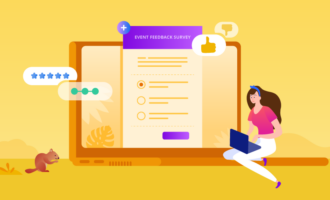


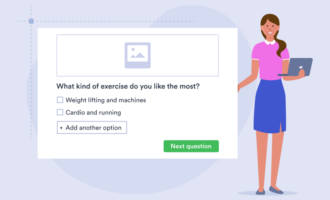





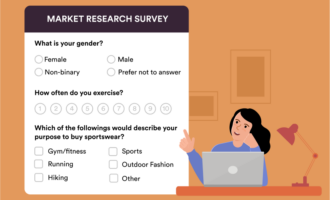











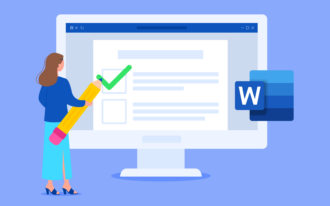

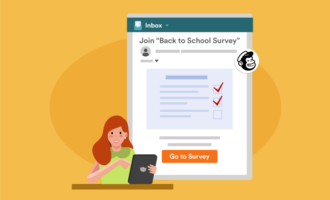



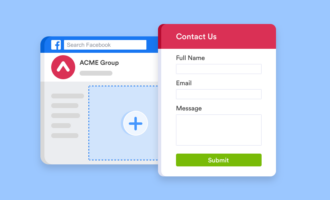

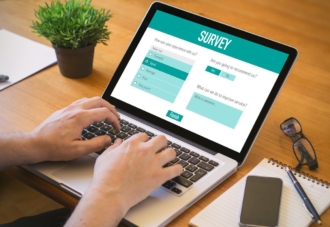

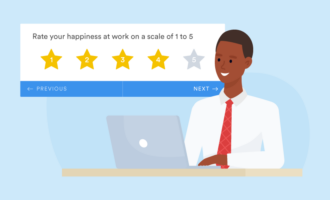



















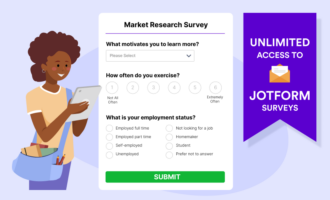





















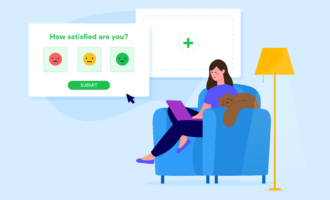







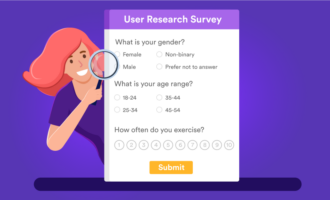



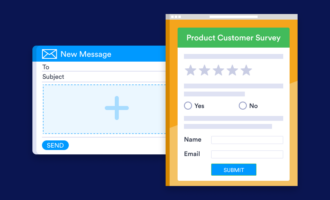













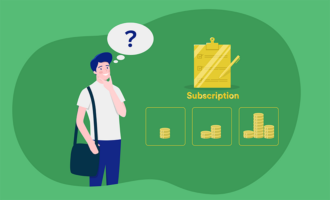
Send Comment: